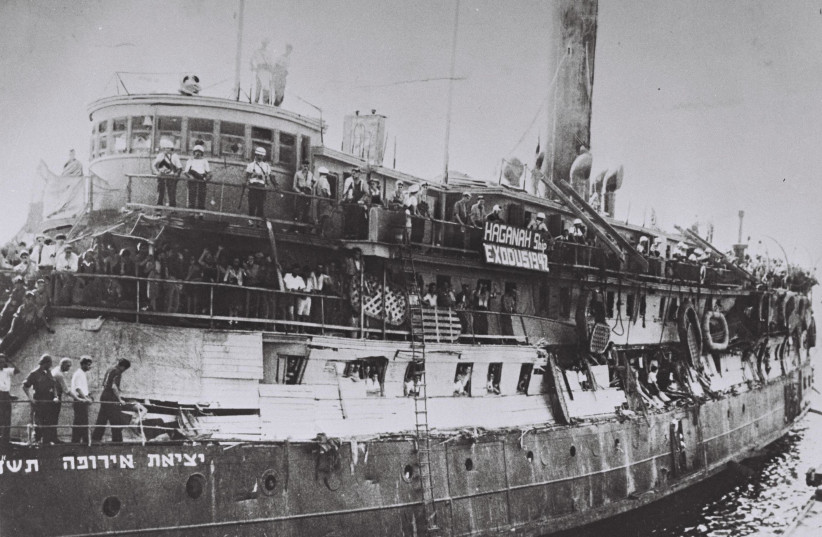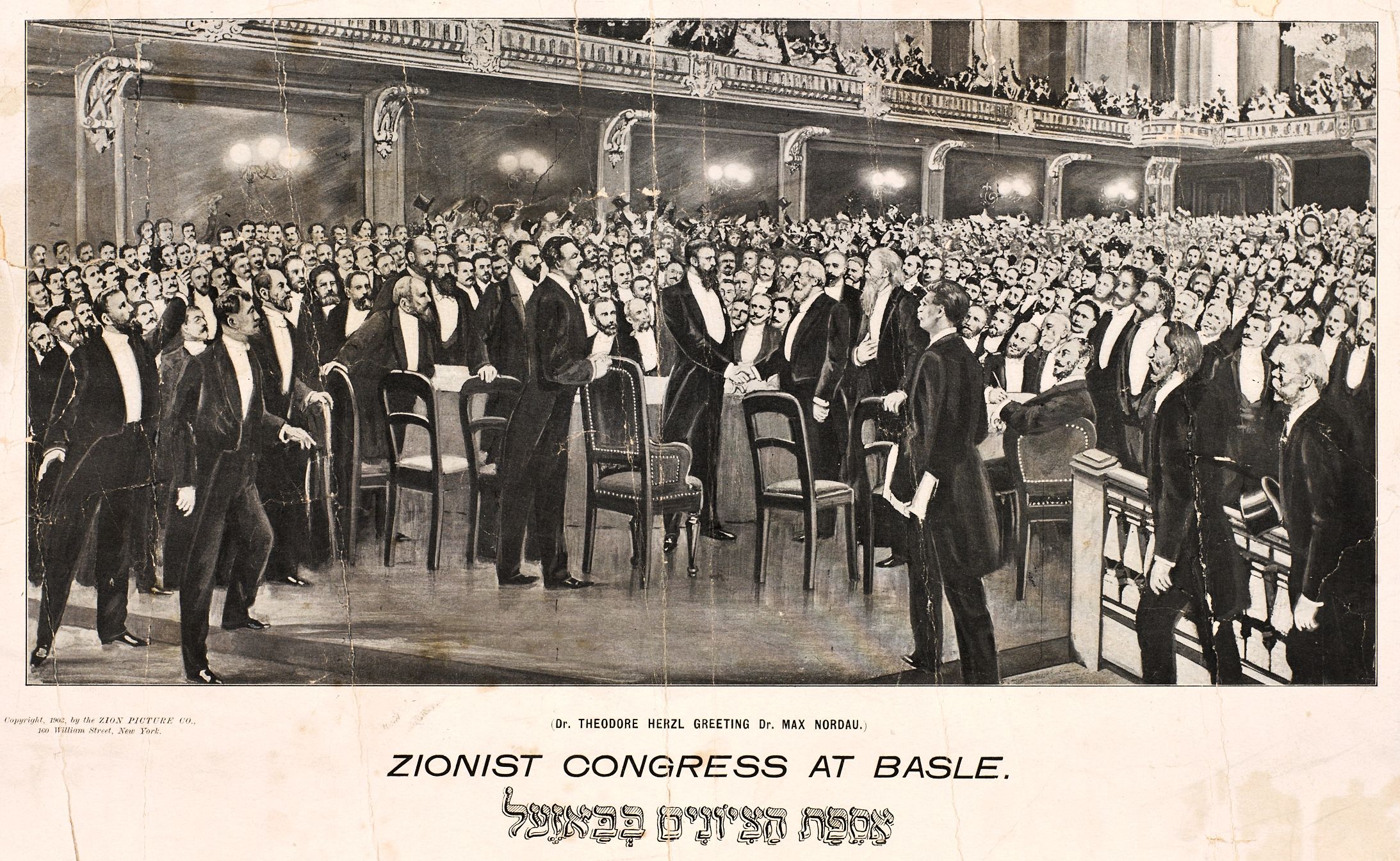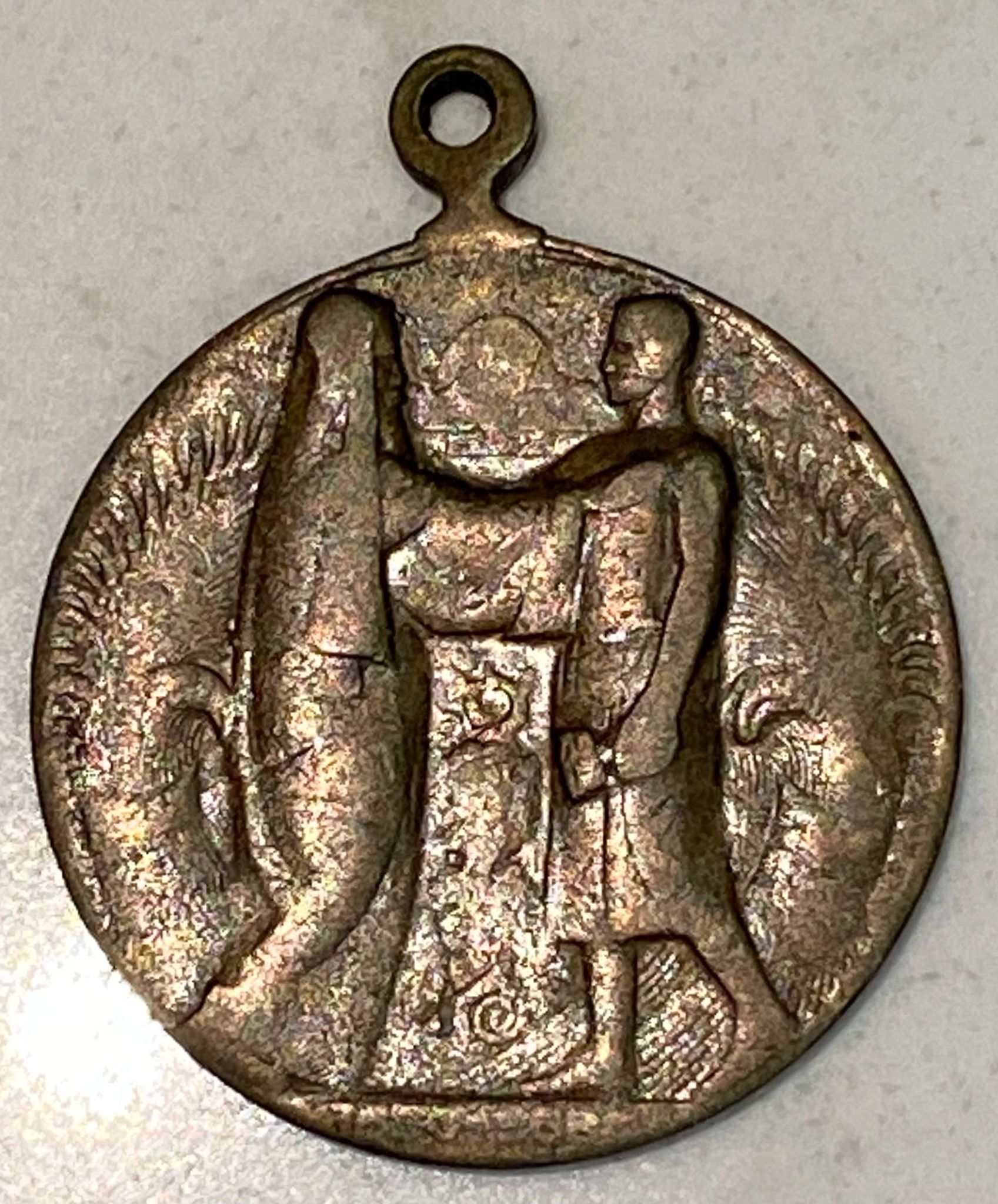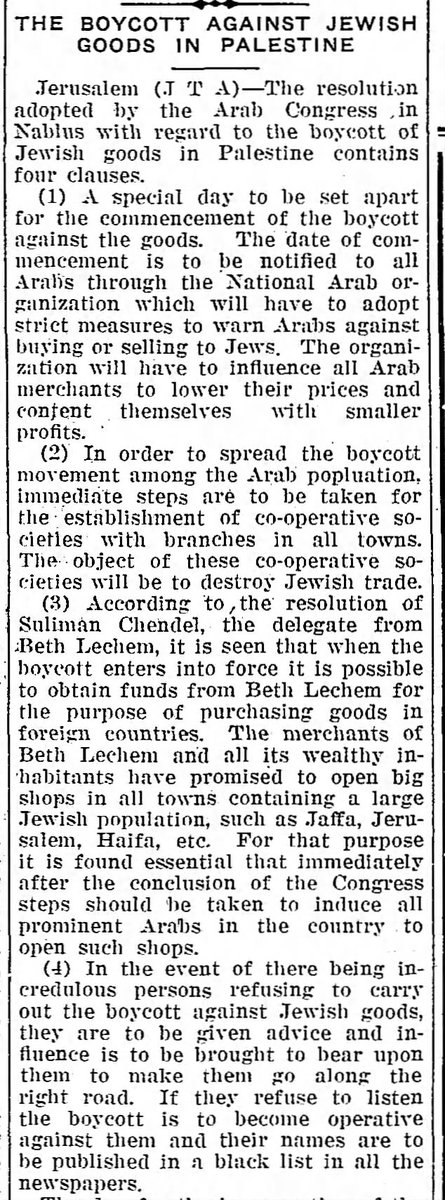Columbia University’s Rashid Khalidi Is Secure in His Anti-Semitism
Khalid.....A man who says that the British and other powers were colonial powers.
But......wait......what were the Ottoman Turks ? Indigenous people of the land? For 800 years ?
By all means, deny the indigenous state of the Jewish people and their right to live and reconstitute their Nation ON their ancient homeland.
But the Turks were ok, and it does not matter that the Arabs never cried wolf against that power for all the centuries they were there, taking over from the Crusaders what the Arabs had taken from the Byzantine in the 7th Century.
Yes, to some people who can give speeches and make money off of it, their Arab fellows are "victims" of the indigenous people of the land, but were never victims of the powerful Ottoman Empire.
Ottomans = Muslims. So it is ok to have them as Muslim masters.
Israel = Jews . It is never ok to have Jews be sovereign over Muslims, and especially Arabs.
THAT is the history of the endless attacks on Jews by rioting Arabs from 1920 until 1948. Why all the Arab Muslim Countries attacked Israel after it declared Independence. Why they attacked Israel two more times to destroy it. Why there continues the endless war of Muslims against Jews on their right to recreate their Nation, be free and safe in it.
Jews, masters of their own destiny?
No, it is not allowed in the ideology fabricated by Islam.
So, is Khalid telling the truth? Did the Arabs, before 1964, ever call themselves Palestinians, or cared to be called Palestinians?
Is there an "Ancient Palestine" ?
Why does Khalid distort everything, from the Balfour Declaration to today's on going war on the Jews, as if the Arabs ever had a longer standing history on the land?
Why does he turn Zionism into something ugly, instead of simply what it was? A natural consequence to endless Muslim and Christian attacks on Jews and endless non acceptance of Jews as beings as humans as those in those two religions ?
It does take knowledge of the issues to understand the history of the area for the past 100 years.
Khalid is gambling on the audience's ignorance of what he says, telling some semi truths, distorting all the rest.
Oh, the poor, poor Palestinians, who had their "homeland" stolen by total strangers, totally devoid of any history on that land, because it has always been what? .......Palestinian Land.
Regardless of all of the historical and archeological evidence to the contrary and that the Jews are not from Europe, and therefore not colonizers as he attempts to make them........his speech does sell very well to those who know absolutely nothing about it.
Or could not care less.
Muslims are very good at stealing. Arabs have been very good at stealing land since they got out of Arabia in the 7th Century, although the Kurds were the first to invade and take the land from the Byzantine Empire.
But, never mind what history really is. What matters is keeping any land conquered by any Muslim, in the hands of ANY Muslims.





